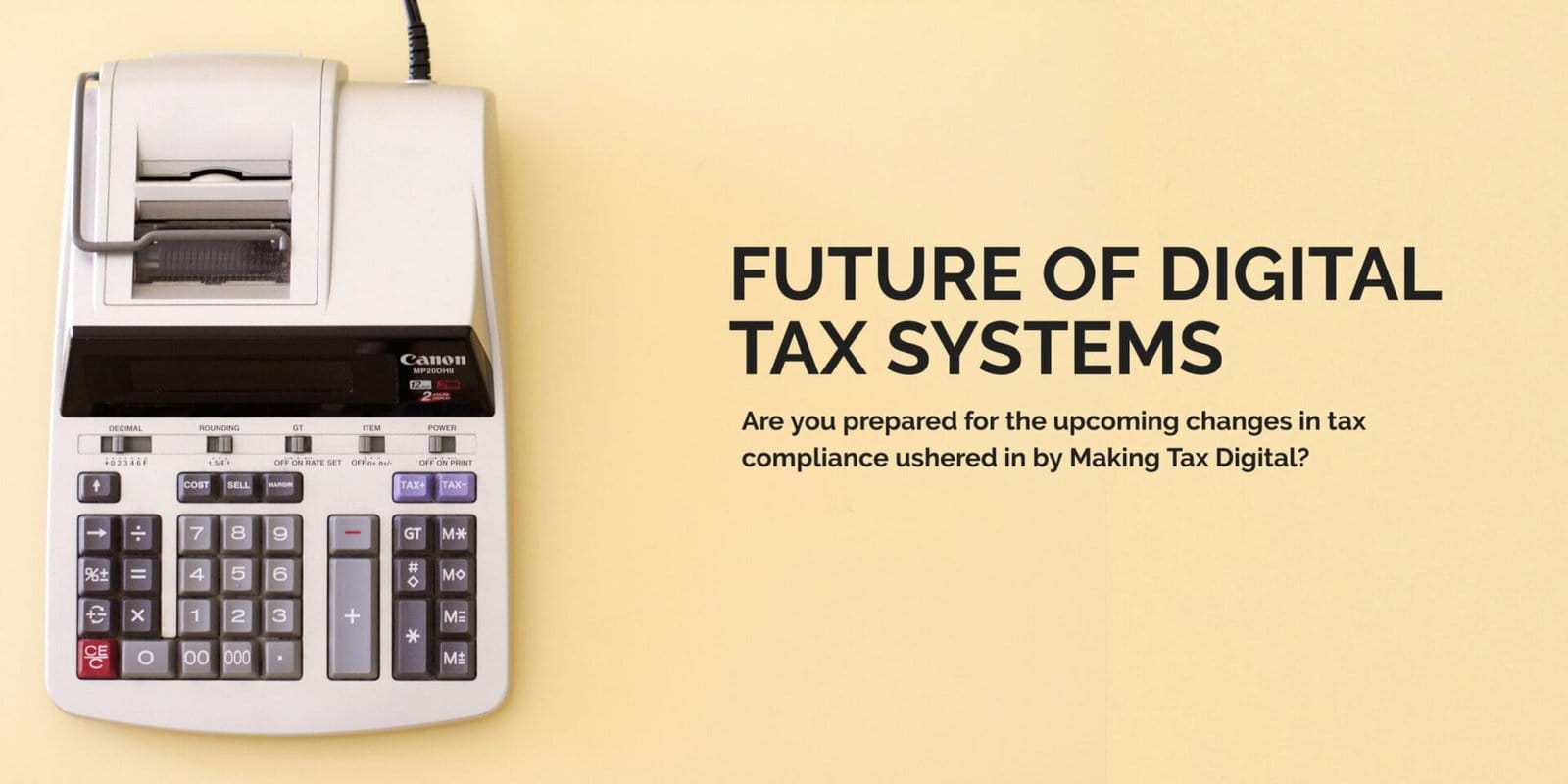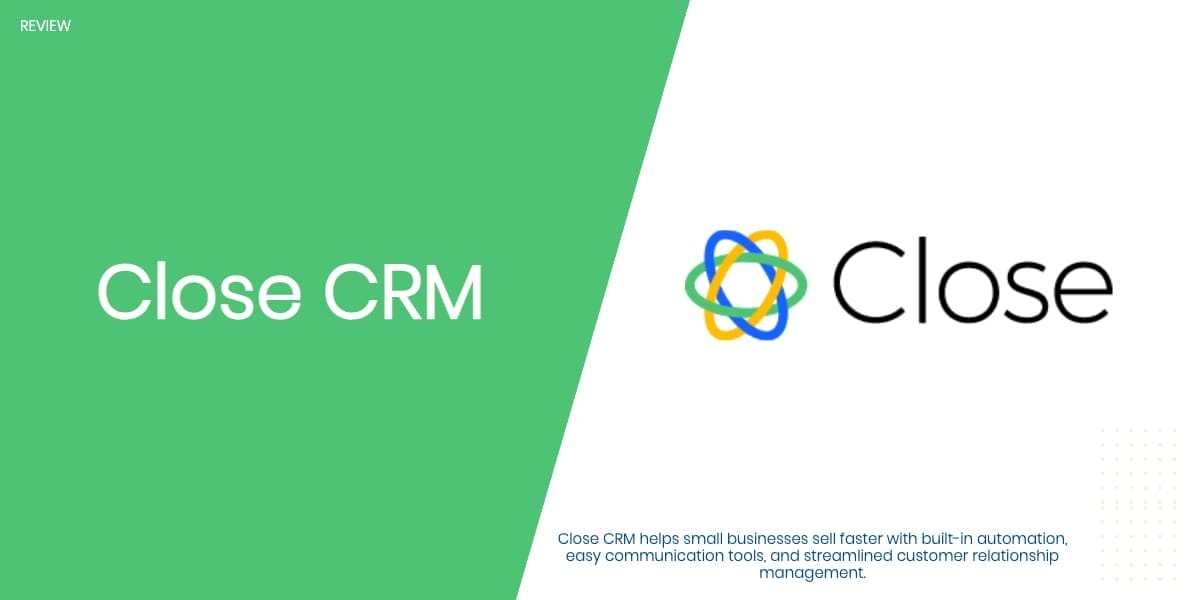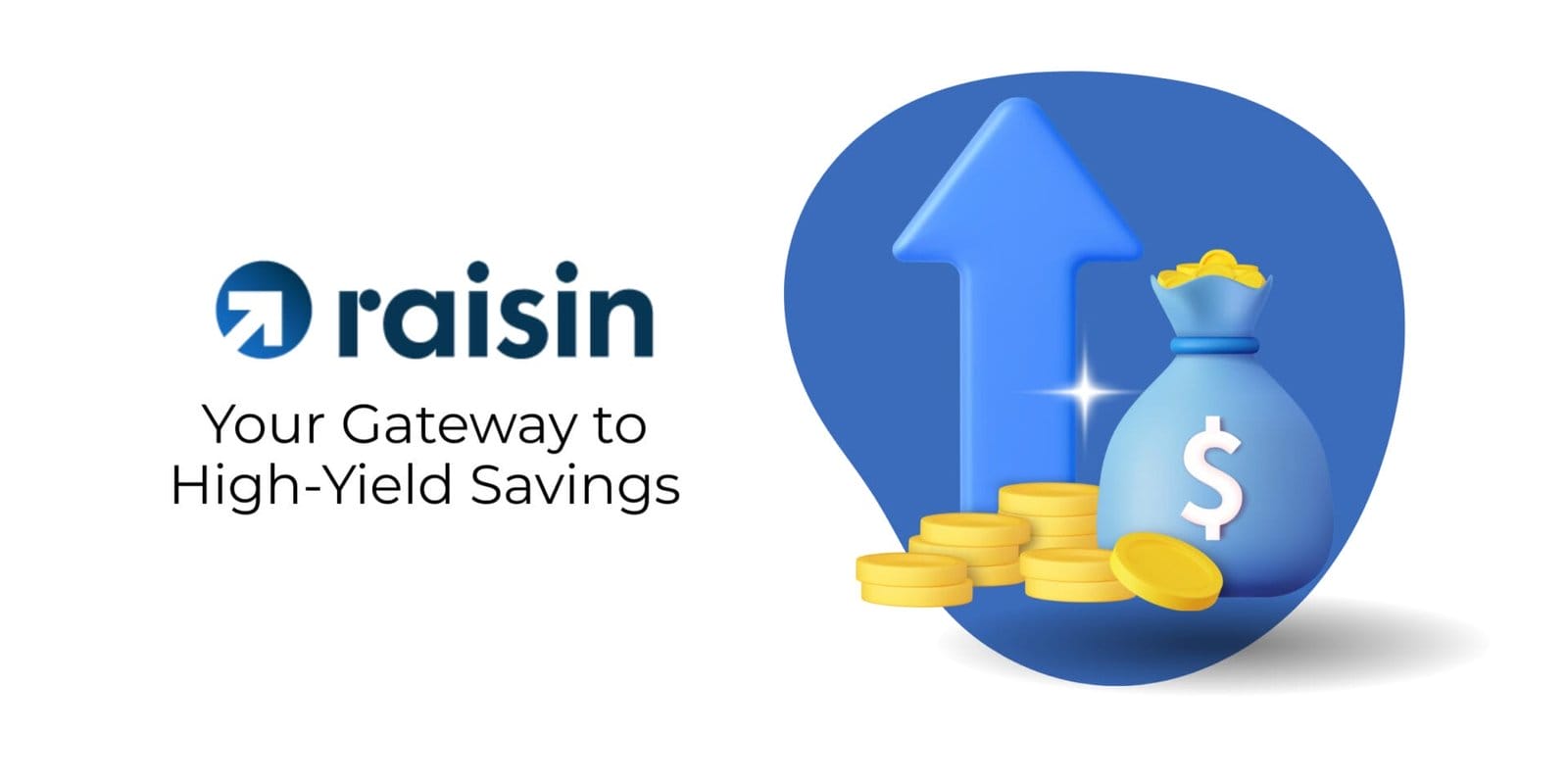Digital Revolution: Transforming Income Tax Compliance

by Chris M.
February 1, 2024
by Chris M.
February 1, 2024

Navigating the changing landscape of income tax compliance in the Digital Revolution requires businesses to adapt to initiatives like Making Tax Digital. This shift necessitates the adoption of electronic accounting practices and the digital submission of quarterly summaries to enhance accuracy and streamline tax processes.
While these changes offer benefits, such as error reduction, they also present challenges like selecting suitable software and ensuring data security.
To successfully navigate this transformation, businesses must prioritize investing in the right tools and implementing robust security measures. Embracing electronic accounting may initially require a learning curve, but the long-term benefits outweigh the initial challenges.
By staying informed and proactive in embracing digital solutions, businesses can optimize their tax processes and ensure compliance with the evolving tax regulations.
In summary, the Digital Revolution is reshaping income tax compliance, requiring businesses to shift towards electronic accounting and digital submissions. By overcoming initial hurdles and investing in suitable software and security measures, businesses can streamline their tax processes and leverage the benefits of this digital transformation.
Key Takeaways
Digital submissions for quarterly summaries ensure accurate and timely tax reporting, reducing the likelihood of errors. It is essential for affected entities to achieve full compliance with Making Tax Digital by April 2024. Utilizing compatible software simplifies tax management by automating data entry and providing real-time reporting capabilities. HMRC offers exemptions for individuals with low income, disabilities, advanced age, residing in remote areas, or based on religious grounds.
Transitioning to digital tax compliance may present challenges such as software expenses, learning curves, and concerns about data security. To navigate this process effectively, it is crucial to understand the requirements and benefits of digital tax reporting. By embracing digital solutions and leveraging automated tools, entities can streamline their tax management processes and enhance overall compliance efficiency.
Overview of Making Tax Digital
Making Tax Digital (MTD) is transforming tax management for businesses and individuals through the adoption of electronic accounting and digital submissions. Under this system, it’s crucial to maintain digital records of income and expenses and submit quarterly summaries to HMRC.
By April 2024, full compliance with this new approach is mandatory, replacing the traditional self-assessment with periodical statements. While payment deadlines remain unchanged, the digital shift aims to minimize errors and enhance the accuracy of tax declarations.
To prepare effectively, start acquainting yourself with compatible software for a seamless transition. MTD promises a more efficient and transparent tax process for all parties involved.
Affected Entities and Exemptions
If you’re a sole trader, unincorporated partnership, or landlord, you may be affected by the new Making Tax Digital requirements. However, exemptions are available for those with a gross income below £10,000. Additional exemptions can be granted based on specific circumstances:
- Age or disability: Exemptions may apply if you’re above a certain age or have a disability that hinders digital compliance.
- Remote location: Living in areas without reliable internet access could qualify you for an exemption.
- Religious reasons: If your beliefs prohibit using technology, you might be eligible for an exemption.
To secure these exemptions, you must apply through HMRC. Keep in mind that businesses already exempt from MTD for VAT may also qualify for MTD income tax exemptions.
Preparing for Digital Compliance
When preparing for digital compliance, the first step is to choose suitable software that aligns with Making Tax Digital (MTD) requirements. Look for options with features like automated data entry and real-time reporting.
After selecting the software, input your current financial records to ensure they’re up to date. Familiarize yourself with the software’s functionalities through tutorials or user guides.
Regularly update your records to maintain accuracy and compliance. If your current system isn’t fully compatible with MTD, consider using bridging software or API-enabled spreadsheets.
Early preparation and organization will make the transition smoother and help you avoid last-minute issues.
Compliance Requirements
To comply with Making Tax Digital regulations, it’s essential to keep detailed digital records of your income and expenses. Using compatible software is crucial for accurate reporting and timely submissions.
Remember to adhere to deadlines for quarterly updates and end-of-period statements to ensure your records are up to date at all times.
Challenges of Digital Transition
In the realm of tax compliance, navigating the digital landscape poses several challenges that businesses must overcome to ensure a seamless transition. One of the initial hurdles is the need to invest in compatible software, which can be both costly and time-consuming to set up.
Additionally, mastering new systems comes with a learning curve that may not always be straightforward. Data security and privacy are also top concerns, as digital records are susceptible to breaches if not adequately protected.
Compatibility issues with existing systems could arise, potentially disrupting current tax processes. Furthermore, maintaining accurate financial records and meeting submission deadlines are essential for staying compliant.
These obstacles require careful planning and resource allocation, but effectively addressing them will pave the way for a successful digital implementation.
Understanding the Challenges of Digital Tax Compliance
In today’s ever-evolving digital landscape, businesses are faced with the challenge of transitioning to digital tax compliance systems. This transition brings about various hurdles that must be addressed to ensure a smooth and successful process. Below are some key challenges that businesses may encounter:
- Investment in Compatible Software: One of the first steps in moving towards digital tax compliance is investing in compatible software. This software can come at a high cost and may require significant time to set up properly. Businesses must carefully evaluate their options and choose software that aligns with their needs and existing systems.
- Learning Curve: Mastering new digital systems for tax compliance may not be a straightforward process. Employees may require training to effectively use the software and understand the new processes. Providing adequate support and resources for training is crucial to overcoming this challenge.
- Data Security and Privacy: With the shift to digital records, ensuring data security and privacy becomes a critical concern. Businesses must implement robust security measures to protect sensitive tax information from potential breaches. Regular audits and updates to security protocols are essential to mitigate risks.
- Compatibility Issues: Integrating new digital systems with existing ones can lead to compatibility issues that disrupt current tax processes. Businesses must conduct thorough testing and resolve any compatibility issues before fully transitioning to digital tax compliance systems.
- Maintaining Compliance: Staying compliant with tax regulations requires businesses to maintain accurate financial records and adhere to submission deadlines. Failure to do so can result in penalties and compliance issues. Implementing automated reminders and checks can help businesses stay on track with their tax obligations.
Benefits and Impact
The digital transformation of income tax compliance offers significant benefits and has a wide-reaching impact on businesses and tax authorities. By leveraging digital systems, businesses can streamline their tax processes, reduce errors, and gain real-time visibility of their tax liabilities.
Here’s how embracing digital tax compliance can benefit you:
- Improved Accuracy: Digital records and automated calculations help minimize human errors, ensuring precise tax submissions.
- Enhanced Efficiency: Digital tools simplify tax reporting, saving time and allowing businesses to focus on other activities.
- Better Financial Management: Real-time data and insights enable informed financial decisions, ultimately improving overall business health.
Embracing digital tax compliance translates into increased transparency, cost savings, and enhanced accuracy in meeting tax obligations.
Future of Digital Tax Systems
The evolution of digital tax systems is set to transform how businesses handle tax obligations, offering a range of benefits. These systems automate processes, reducing the time spent on manual data entry tasks.
By integrating with AI and machine learning technologies, they provide real-time insights and predictive analytics that can enhance financial planning strategies. The future of digital tax systems promises improved accuracy, minimizing errors and ensuring compliance with regulations.
Businesses can expect seamless integration with their existing tools, eliminating compatibility issues that may arise. Enhanced data security measures will also be in place to protect sensitive information.
With a shift towards global digital tax systems, businesses can stay ahead by adopting the latest technologies. Continuous updates and improvements will ensure that the system remains efficient and user-friendly, making tax compliance a more streamlined and strategic task for organizations.
Conclusion
Are you prepared for the upcoming changes in tax compliance ushered in by Making Tax Digital?
Embracing this shift is crucial to minimize errors, improve accuracy, and streamline your tax processes.
While adapting to this transformation may seem daunting, investing in suitable software and mastering new systems will undoubtedly pay off in the long run.
It’s imperative to ensure compliance, safeguard your data, and be fully prepared for the April 2024 deadline.
The future of tax systems is undoubtedly digital, and you’re well-positioned to reap the benefits of this evolving landscape.
💰 Top Financial Offers 💰
📃 MoneyZoe’s Latest Reviews 💰Start saving money with the best financial services

Card One Money Review 2025: No Credit Check Business Account with Same-Day Setup

MRPeasy Review: Manufacturing Software for Small Businesses

Close CRM Review: Guide to Features, Pricing, and Performance

Flagstone Review 2025: Access 60+ Banks with Rates Up to 4.20% AER

Flagstone Review: Business Savings with High Interest Rates













